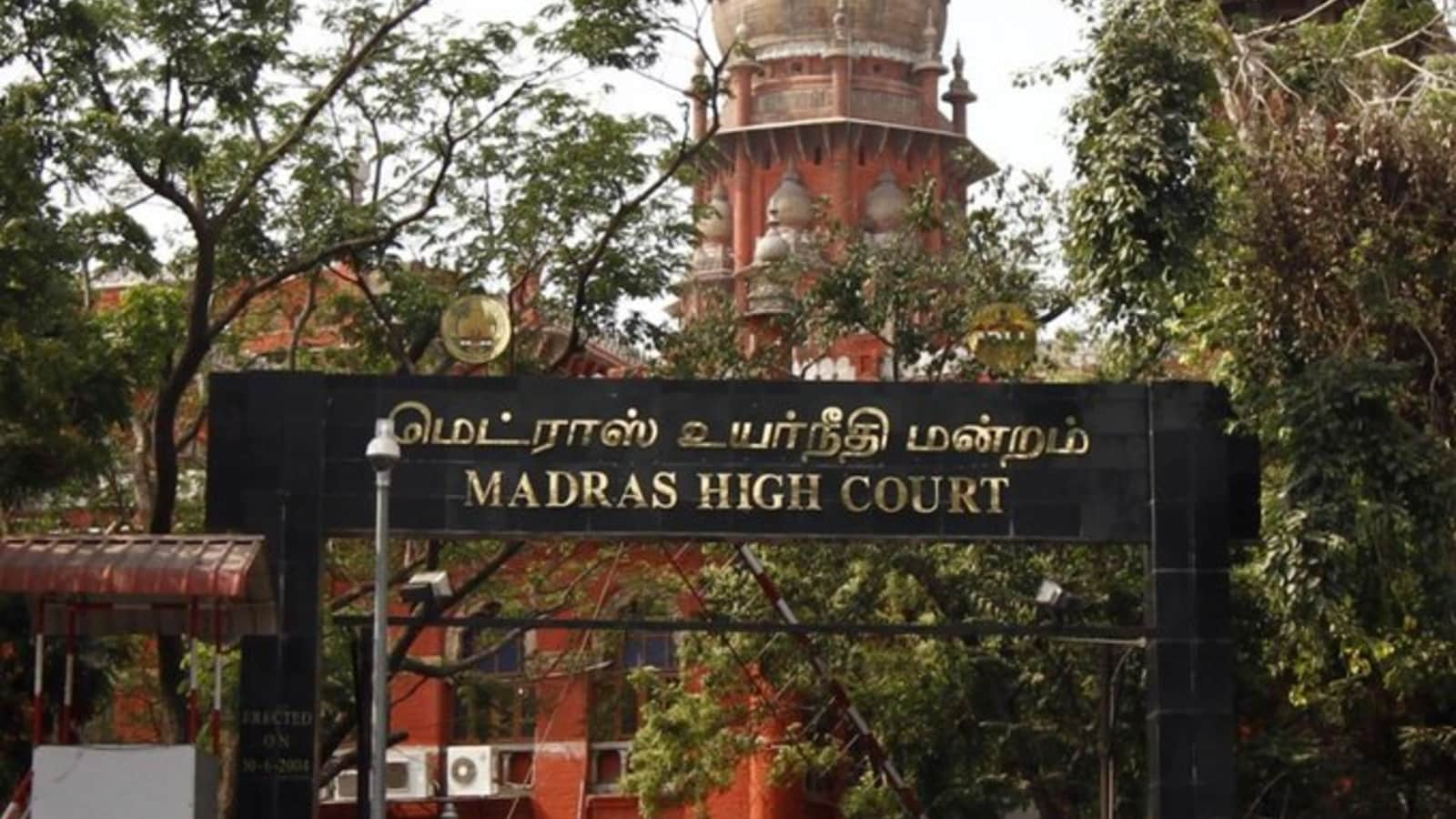


The Madras High Court recently directed State authorities to constitute a Monitoring Committee in each school to ensure the strict implementation of the Guidelines for Elimination of Corporal Punishment in Schools (GECP) provided by the National Commission for Protection of Child Rights (NCPCR) [Kamatchi Shanker Arumugam v. Tamil Nadu School Education Department And Others]Justice SM Subramaniam said that the Monitoring Committees can be headed by school principals or parents, teachers and senior students.“Such Monitoring Committees shall ensure that the guidelines are implemented scrupulously and any untoward incidents or any different behaviour of the staff members and the children, are brought to the notice of the Authorities, for initiation of remedial measures, the first respondent is directed to issue the guidelines in consonance with the Clauses 7.8 and 7.9 of the Guidelines for Elimination of Corporal Punishment in Schools (GECP),” the Court ordered.The Court clarified that not only corporal punishment, but also any indirect form of harassment of children in schools must be eliminated.It further directed the State to communicate the guidelines to all schools and to ask the district educational authorities to sensitise those on the ground to follow the guidelines scrupulously to protect the mental health of school children."The first respondent-Principal Secretary to Government, School Education Department, is directed to implement the Guidelines for Elimination of Corporal Punishment in Schools (GECP) provided by the National Commission for Protection of Child Rights (NCPCR).Besides calling for seminars and awareness camps on the guidelines, the Court also said that in the event of any complaint, action must be taken. “If any lapse, dereliction or negligence are noticed, the Authorities Competent must be subjected to departmental disciplinary proceedings under the Service Rules,” the Court ordered.The Court passed the directions in a petition seeking implementation of the NCPCR guidelines. At the outset, it noted that corporal punishment of any form is completely unacceptable and prohibited under Section 17(1) of the Right of Children to Free and Compulsory Education Act, 2009.It observed that any untoward experiences for a child may have a long-lasting unpleasant impression, capable of shaping the characteristics of the child in unpalatable ways.“Corporal punishment is never the solution to guide the child. The children have to be inspired by the respectful and dignified conduct of the adults. Controlling the child with unjustifiable measures will serve no purpose and do more harm than good. Patience is the key quality required for handling children,” the Court said.It further remarked that earlier, children used to be treated with little rights, but now major reforms have been brought about. Moving forward, the Court said that it was only right that society works towards the evolution of child rights.“We need to be more receptive to the needs of the children. We have to start listening to them,” it asserted, while issuing the directions.The Court listed the matter for compliance on June 14."The consolidated Circular/Instructions are directed to be issued, within a period of five weeks from the date of receipt of a copy of this order."Kamatchi Shanker Arumugam appeared as petitioner-in-person.Advocate P Raja Rajeswari represented the State.
TAGS: Madras High Court corporal punishment Guidelines for Elimination of Corporal Punishment in Schools (GECP)